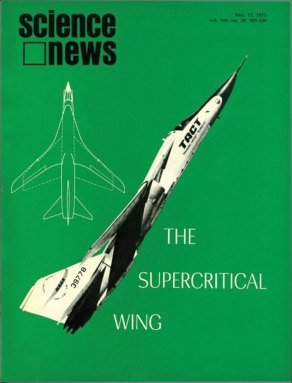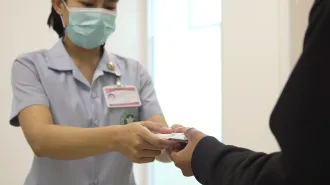50 years ago, scientists suspected that lost sense of smell could be restored
Excerpt from the November 17, 1973 issue of Science News

Therapies to help people regain their sense of smell after a COVID-19 infection could help researchers figure out how exactly smell cells regenerate.
NataBene/iStock/Getty Images Plus








